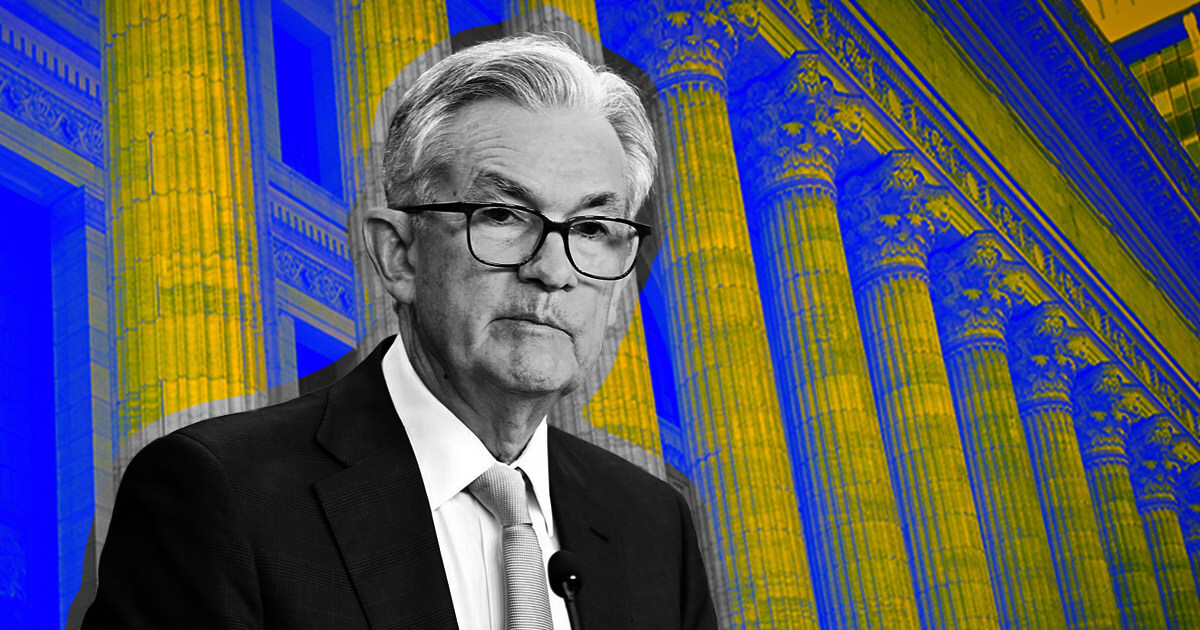
US Federal Reserve Chairman Jerome Powell told lawmakers that the regulator is a long way from adopting or even recommending a central bank digital currency (CBDC).
Powell made the statement during a March 7 Senate Banking Committee hearing on monetary policy.
The Fed chairman’s testimony was intended to allay fears about privacy concerns, emphasizing that the Federal Reserve would not engage in creating a system that allows government surveillance of the transactions of U.S. citizens.
Maintaining privacy
In his speech to the Senate, Powell highlighted the Fed’s current position on the digital dollar concept, emphasizing that the US is far from making progress on any form of CBDC. The statement comes amid growing discussions worldwide about the potential and implications of digital currencies issued by central banks.
Unlike some international approaches that allow government tracking of digital currency transactions, Powell assured lawmakers that the Fed would prioritize privacy.
He claimed:
“If that were a government account and the government saw all your transactions, then that is something that we would not stand for or do or propose here in the United States.”
The idea of a US CBDC has sparked debate among politicians and the public alike, with concerns often focusing on privacy and government surveillance.
Republican figures, including presidential candidate Donald Trump, have been vocal in criticizing the potential for a federally controlled digital currency to invade personal privacy.
Powell’s comments directly refute these fears and signal a clear stance against a system that would allow any form of spying on Americans.
authorization from Congress
Powell elaborated on the operational aspects, noting that if the Fed were to ever move forward with a CBDC, it would integrate the banking system to manage accounts, thus avoiding direct government access to individual transaction data.
This approach is intended to preserve the integrity of personal financial activities and ensure that they remain within the reach of private banking institutions and not under government supervision.
Powell also emphasized the importance of regulatory approval for any CBDC initiative as it is committed to legal and transparent governance. Responding to Senator Cynthia Lummis, he confirmed that the regulator would seek explicit approval from Congress and the executive branch before moving to a digital dollar.
The Fed’s cautious and measured approach to the idea of a digital dollar reflects a broader consideration of the implications such a currency could have for privacy, monetary policy and the banking system.
The Fed’s cautious and privacy-focused stance on a potential US CBDC marks a pivotal moment in the ongoing global dialogue on digital currencies. As Powell made clear, all future developments will be closely aligned with the American values of privacy and freedom, ensuring that the financial sovereignty of American citizens remains uncompromised in the digital age.

